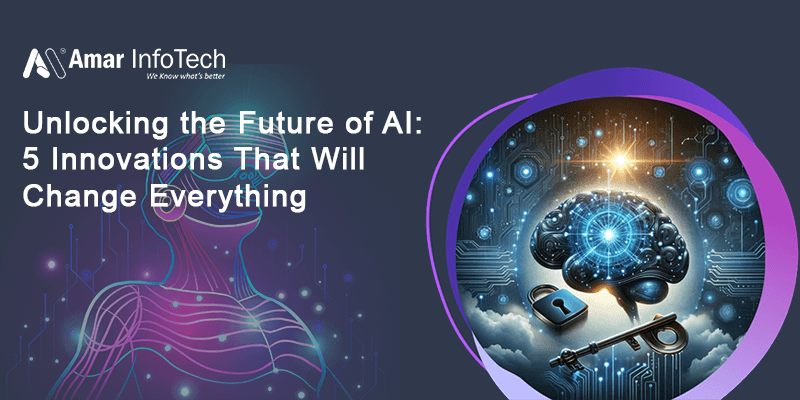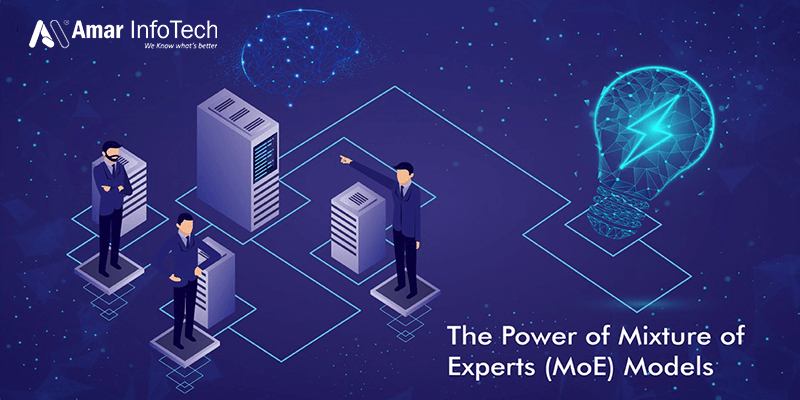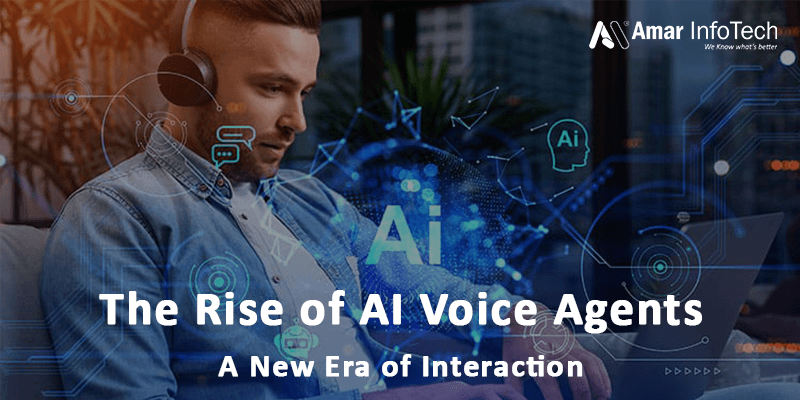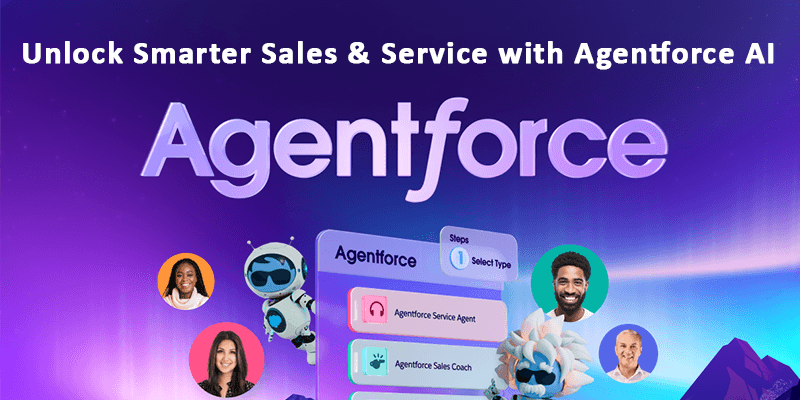Ready for Digital Transformation? Your Vision, Our Expertise - Let’s Build Innovative Software Together!
Unlocking the Future of AI: 5 Innovations That Will Change Everything
 Blog Future of AI
Blog Future of AI
Artificial Intelligence (AI) is no longer just a concept from science fiction; it is rapidly becoming an integral part of our daily lives. From virtual assistants to advanced data analytics, AI is reshaping industries and redefining how we interact with technology. As we look to the future, several innovations stand out as game-changers that promise to revolutionize our world. In this article, we will explore five groundbreaking AI innovations that are set to change everything.
AI-Powered Healthcare Solutions
The healthcare industry is on the brink of a transformation thanks to AI. With the ability to analyze vast amounts of data quickly and accurately, AI is enhancing diagnostics, treatment plans, and patient care.
Personalized Medicine
One of the most exciting developments in AI healthcare is personalized medicine. By analyzing genetic information, AI can help tailor treatments to individual patients, improving outcomes and minimizing side effects. For instance, companies like Tempus are using AI to analyze clinical and molecular data to provide personalized treatment recommendations for cancer patients.
Predictive Analytics
AI is also making strides in predictive analytics, which can forecast patient outcomes based on historical data. This capability allows healthcare providers to identify at-risk patients and intervene early, potentially saving lives. For example, algorithms can predict which patients are likely to be readmitted to the hospital, enabling proactive care.
“AI in healthcare is not just about efficiency; it’s about improving lives.”Autonomous Vehicles
The development of autonomous vehicles is one of the most talked-about innovations in AI. These self-driving cars promise to revolutionize transportation, making it safer and more efficient.
Enhanced Safety Features
AI technology in autonomous vehicles is designed to reduce human error, which is a leading cause of accidents. With advanced sensors and machine learning algorithms, these vehicles can detect obstacles, predict traffic patterns, and make real-time decisions. Companies like Waymo and Tesla are at the forefront of this innovation, continuously improving their systems through extensive data collection and analysis.
Environmental Impact
Moreover, autonomous vehicles have the potential to reduce carbon emissions. By optimizing driving patterns and reducing traffic congestion, these vehicles can contribute to a more sustainable future. According to a study by the International Transport Forum, widespread adoption of autonomous vehicles could lead to a 90% reduction in road fatalities and a significant decrease in greenhouse gas emissions.
AI in Education
Education is another field ripe for transformation through AI. With personalized learning experiences and intelligent tutoring systems, AI is changing how students learn and teachers instruct.
Adaptive Learning Platforms
AI-driven adaptive learning platforms can tailor educational content to meet the needs of individual students. For example, platforms like DreamBox Learning use AI to assess a student’s understanding in real-time and adjust the curriculum accordingly. This personalized approach helps students grasp concepts at their own pace, leading to better retention and understanding.
Administrative Efficiency
AI can also streamline administrative tasks for educators, allowing them to focus more on teaching. Automated grading systems and scheduling tools can save teachers countless hours, enabling them to dedicate more time to student engagement and support.
AI and Climate Change
As the world grapples with climate change, AI is emerging as a powerful tool in the fight against environmental degradation. From optimizing energy consumption to predicting natural disasters, AI innovations are making a significant impact.
Smart Energy Management
AI can optimize energy usage in homes and businesses, reducing waste and lowering costs. Smart grids powered by AI can analyze energy consumption patterns and adjust supply accordingly, leading to more efficient energy distribution. Companies like Google are using AI to manage energy consumption in their data centers, achieving significant reductions in energy use.
Climate Modeling
AI is also enhancing climate modeling, allowing scientists to make more accurate predictions about climate change impacts. By analyzing vast datasets, AI can identify trends and provide insights that inform policy decisions and conservation efforts.
AI in Creative Industries
AI is not just about data and analytics; it is also making waves in creative fields. From music composition to visual arts, AI is pushing the boundaries of creativity.
Generative Art
AI algorithms can create stunning visual art pieces, often indistinguishable from those made by human artists. Platforms like DeepArt and Artbreeder allow users to generate unique artworks by combining different styles and elements, showcasing the potential of AI in creative expression.
Music Composition
In the music industry, AI is being used to compose original pieces and assist artists in the creative process. Tools like OpenAI’s MuseNet can generate music in various styles, providing inspiration and new ideas for musicians.
“AI is not here to replace artists; it’s here to enhance creativity and open new avenues of expression.”Conclusion
The future of AI is bright, with innovations that promise to change our lives in profound ways. From healthcare to transportation, education, environmental sustainability, and the creative arts, AI is set to redefine our world. As we embrace these advancements, it is essential to consider the ethical implications and ensure that technology serves humanity positively.
As we stand on the brink of this AI revolution, what are your thoughts? How do you envision AI shaping your future? Share your insights in the comments below!





